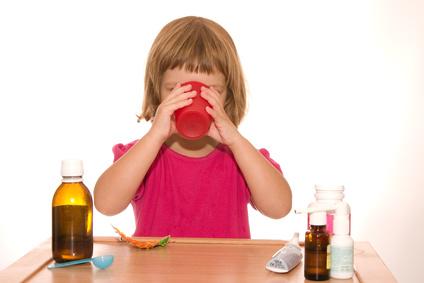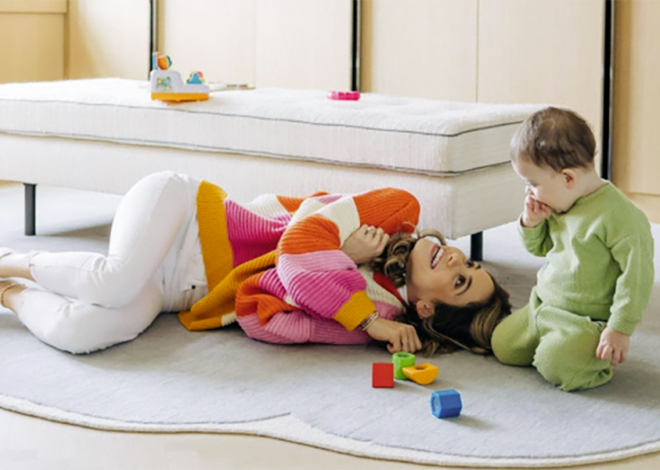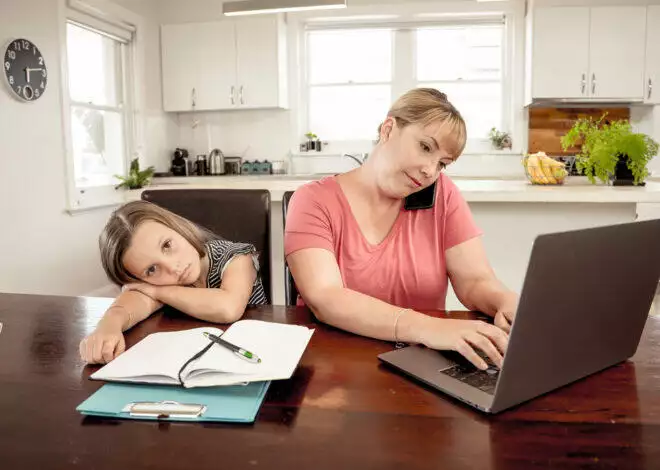Children tend to run higher fevers than adults do, according to the University of Maryland Medical Center. Your child may have chills as a precursor to a fever. Chills are the body’s way of generating heat when it feels it is cold. Children often get chills and a high fever, even if the illness is mild. A child has a fever when his temperature, taken orally, is more than 99.5 degrees Fahrenheit, or if it is more than 100.4 F, taken rectally. You don’t necessarily have to treat all fevers, according to the Kids Health website.
Step 1
Call the doctor if your child is two months or younger with a fever determined rectally of 100.4 F or more. Also, call the doctor if your child is between 3 months and 3 years old with a fever determined rectally of 102.2 F or more.
Step 2
Look for signs that indicate the illness is probably not serious, such as whether your child still wants to play, eat and drink. See whether she is alert and smiles at you. Check to see whether she has normal skin color. If your child won’t drink, is vomiting or has diarrhea, is not alert, or has a sore throat or an earache, call your doctor.
Step 3
Call your doctor if your child is breathing faster than normal or is having difficulty breathing.
Step 4
Read the instructions on a package of acetaminophen or ibuprofen. Administer the medicine to your child based on age and weight recommendations regarding dosage. Fever medication can temporarily bring down the fever but does not treat the reason for the fever.
Step 5
Give your child a sponge bath using lukewarm water. If the water is too cool, your child may shiver, which can raise the body temperature even more.
Step 6
Put lightweight clothing on your child, and cover your child with a lightweight blanket or with a sheet. If you overbundle your child, you may cause his temperature to rise.
Step 7
Adjust the temperature of the room to be comfortable, not too hot or too cold.
Step 8
Give your child plenty of fluids such as water, flavored ice, soup and flavored gelatin.
Step 9
Make sure that your child rests and takes it easy.
Step 10
Keep your child home from school if she is running a fever. She can return to school when the temperature is normal for 24 hours.
Warnings
- Unless your doctor tells you to, never give aspirin to a child. Aspirin can cause Reye syndrome, which can be fatal.
- Do not give an infant less than 2 months old any medication for chills and fever until your doctor evaluates the situation.
- Do not give sodas or tea to your child when he has a fever. This could cause increased urination, which can cause dehydration. In addition, do not give sports drinks to your child. With your doctor’s permission, you may give your child an electrolyte solution made for children.
Photo Credit
- sick child image by Renata Osinska from Fotolia.com





